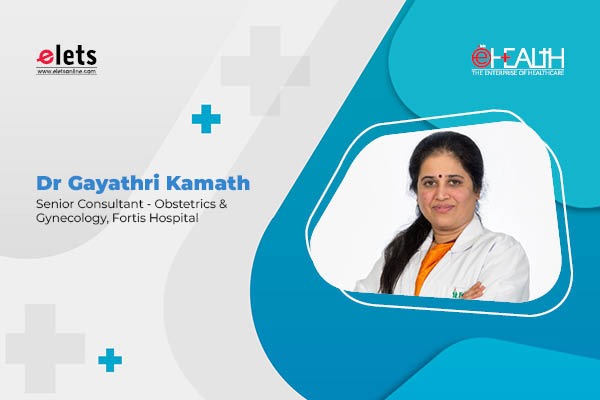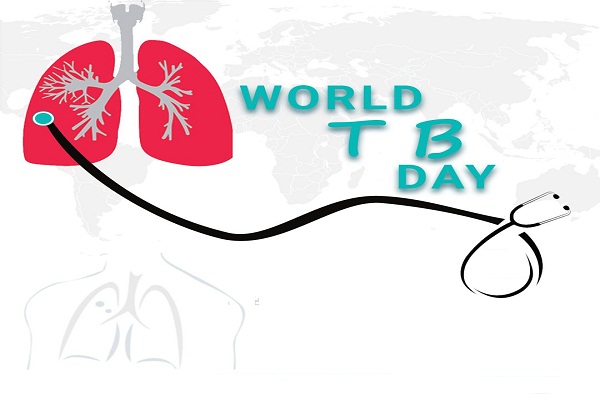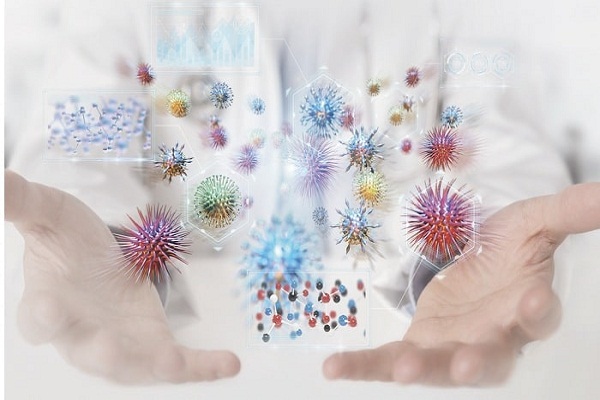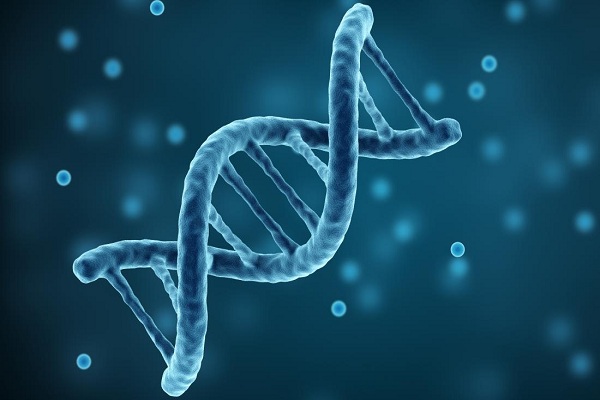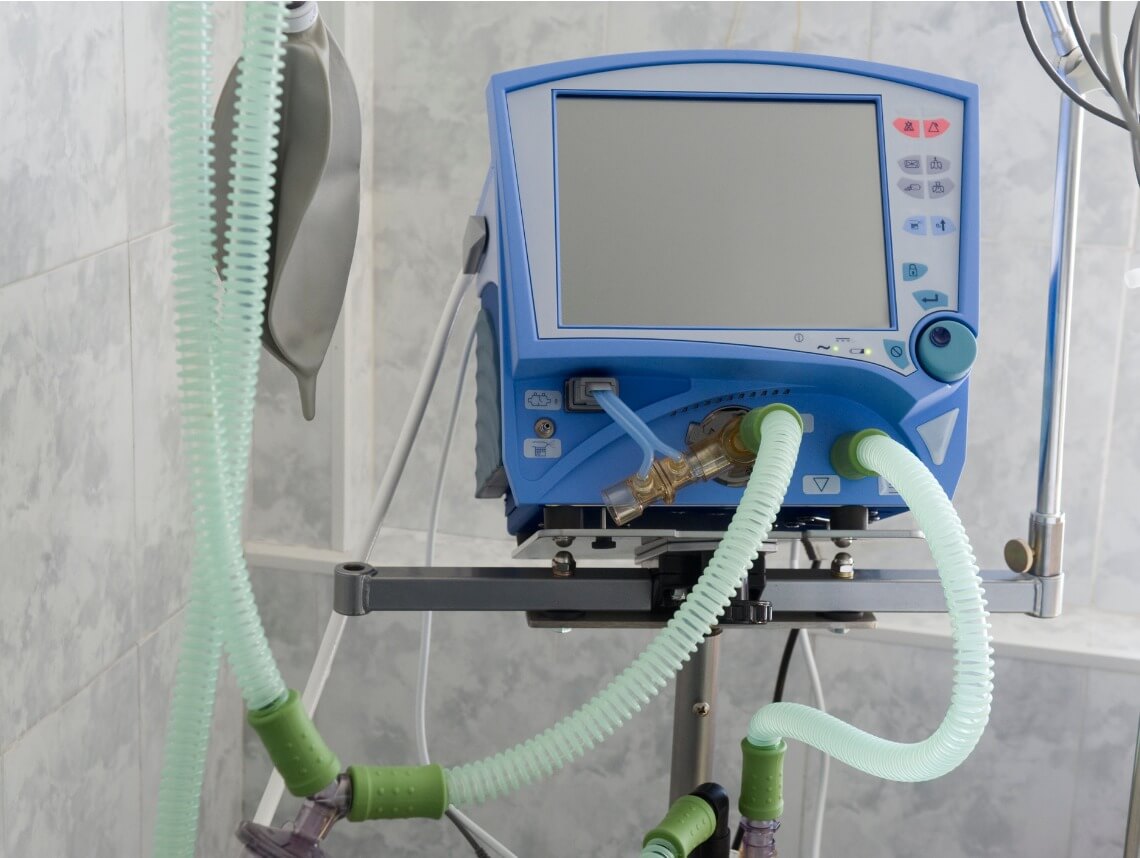
Clinical decision support systems are meant to improve quality of decision-making process in healthcare. There is ample research being conducted about application of artificial intelligence (AI) and machine learning in clinical decision support in the areas of dermatology, pathology, radiology and imaging.
Convolutional neural networks trained using large image libraries have achieved parity with doctors in discriminating benign and malignant lesions. A lot of studies around the world have proven that AI can prove to be a valuable ally for radiologists and pathologists by accelerating productivity and potentially improving accuracy.

AI can help make medical equipment smarter, imaging results faster, and examinations more precise. With imaging data growing exponentially in radiology, there is need for greater diagnostic accuracy. In X-rays, CAT scans, MRIs, and other testing modalities, megapixels of data are packed. In imaging world, AI tools are improving the detection and diagnosis of potentially fatal conditions by altering the work flow.
Automating the detection of abnormalities in imaging tests, such as chest x-rays, could lead to quicker decision-making and fewer diagnostic errors especially in cardio vascular diseases which is now the leading cause of mortality in India.
AI can help to identify thickening of muscle structures, like left ventricle wall, and monitor changes in blood flow through the heart and associated arteries.

Also read: New Technology for Accurate Breast Cancer Diagnosis
Left atrial enlargement from chest x-rays can be identified using AI which could rule out other cardiac or pulmonary problems and help providers target appropriate treatments for patients.
Radiology images are used to diagnose pneumonia, a leading cause of deaths among infants in India. In clinical settings where radiologists are not present, an AI algorithm could assess x-rays and other images for evidence of opacities that indicate pneumonia and hence alert providers to diagnose and provide quick treatment.
Medical imaging is often used in routine and preventive screenings for breast cancer. As per study, India still has low breast cancer survival rate of nearly 66 percent. AI based automated or a semi-automated approach could improve cancer outcomes and decrease morbidity. Micro-calcification in tissues in breast cancer is often difficult to identify as either malignant or benign. False positives could lead to unnecessary invasive testing, while missed malignancies could result in delayed diagnosis and poor outcomes.
AI and machine learning has great potential in supplementing and verifying the work of Pathologists. A pathologist sometimes has to examine hundreds of tissue slides for traces of abnormalities. Artificial Intelligence offers pathologists fast decision-making and allow them to review detailed data with improved accuracy.
(Writer is Chandrakiran Dubey, PhD Scholar, Indian Institute of Public Health-Hyderabad. Views expressed are a personal opinion.)
Be a part of Elets Collaborative Initiatives. Join Us for Upcoming Events and explore business opportunities. Like us on Facebook , connect with us on LinkedIn and follow us on Twitter , Instagram.


